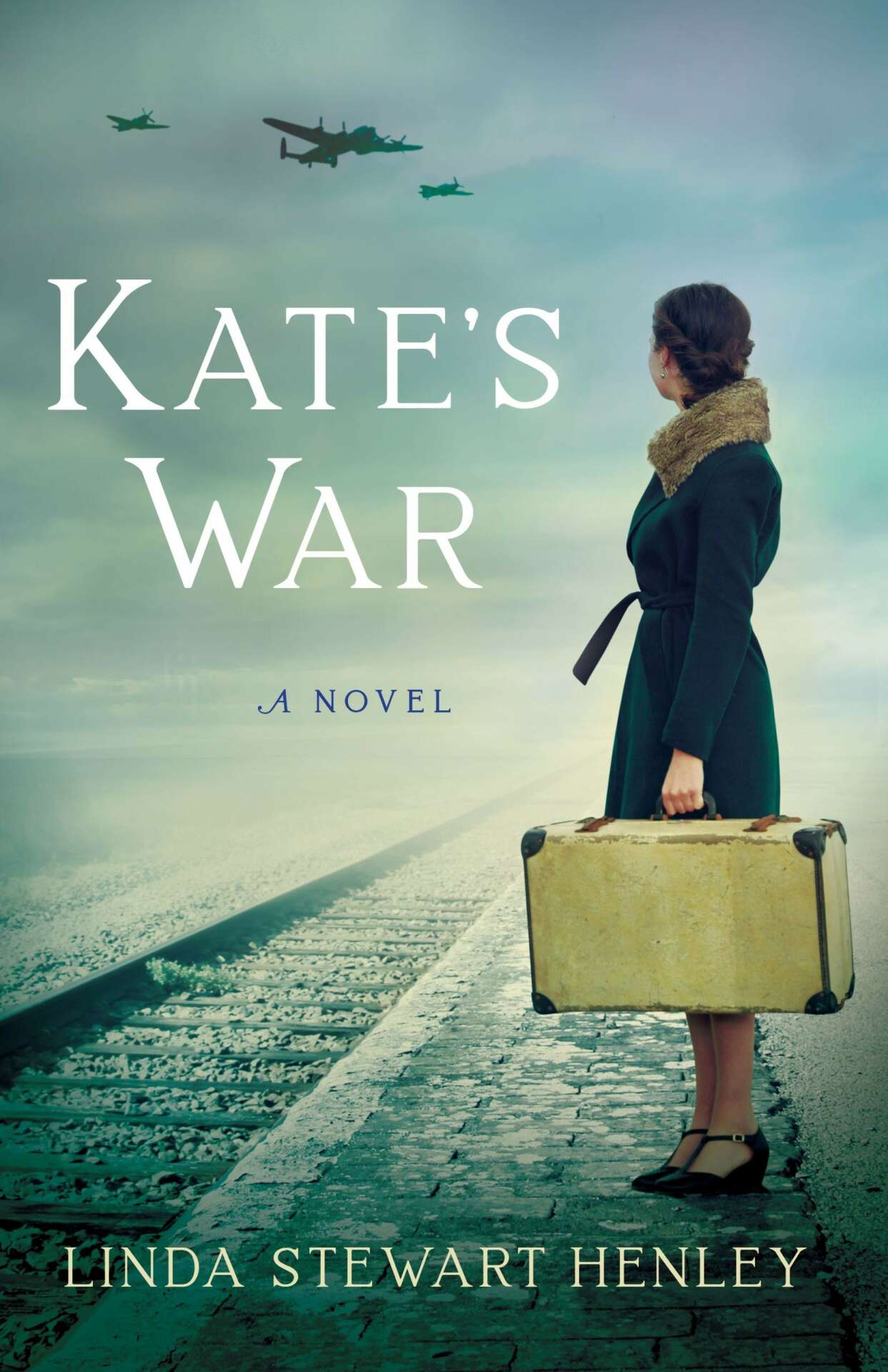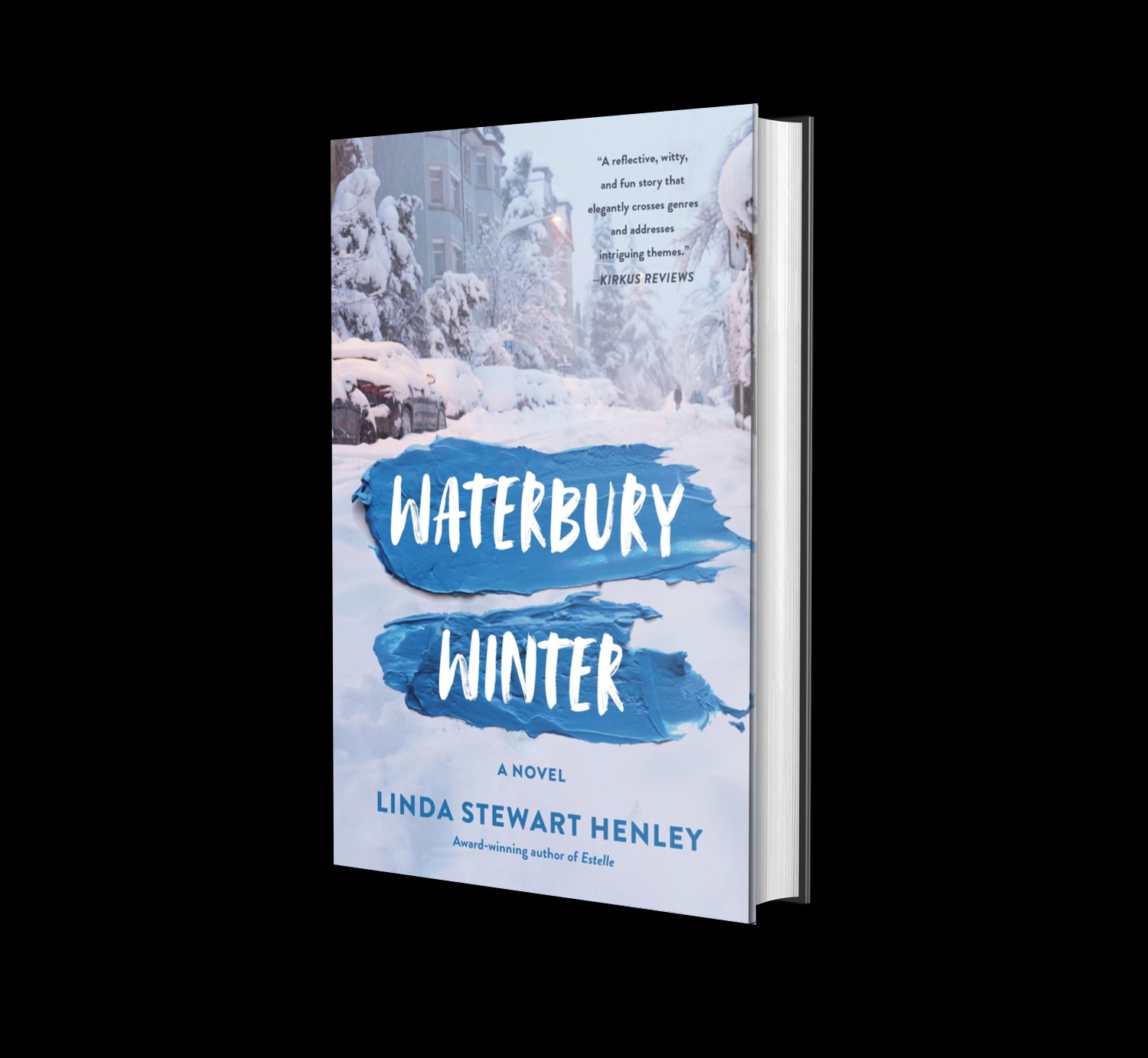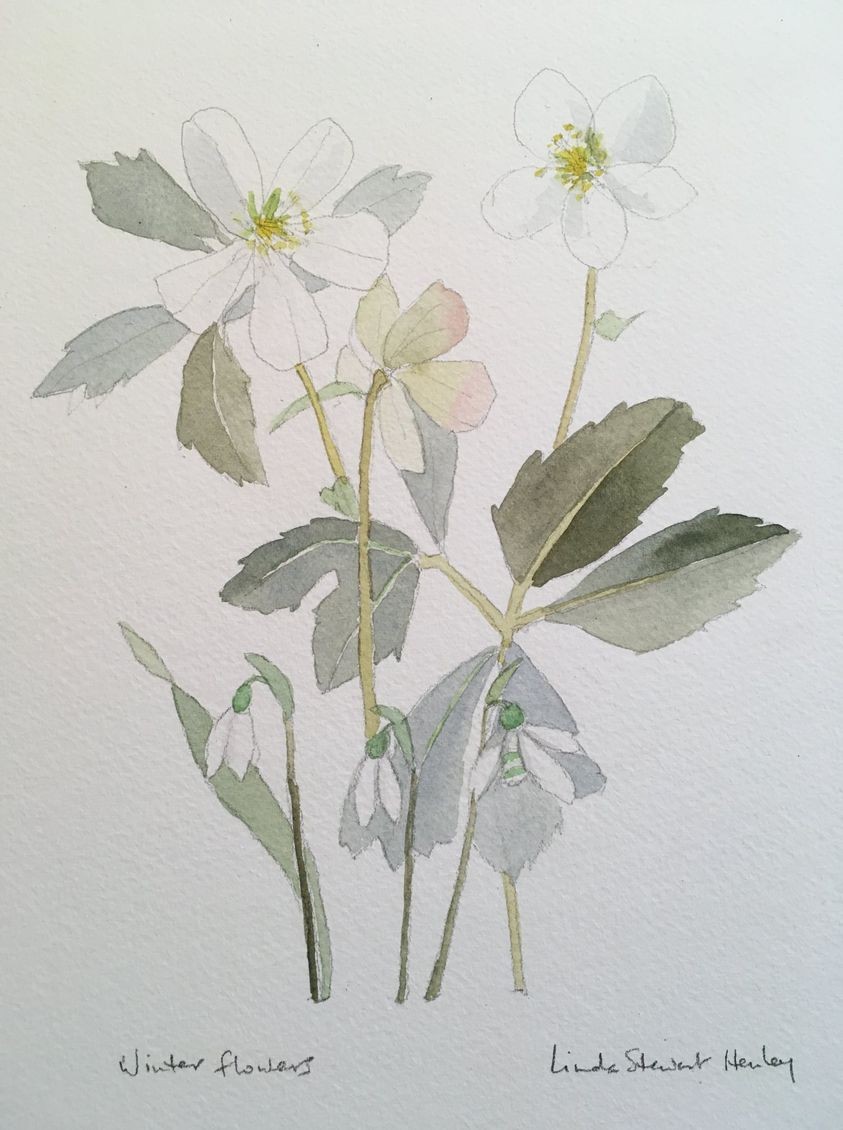We caught up with the brilliant and insightful Linda Henley a few weeks ago and have shared our conversation below.
Linda, thanks for joining us, excited to have you contributing your stories and insights. Can you talk to us about how you learned to do what you do?
I had never written fiction until I retired. My husband suggested that I enroll in his eighteen-week fiction writing seminar, saying that I could learn the craft. I wasn’t sure about that, but I took the class. After taking his seminar about three times, I began to understand how to tell a story and the basics of good fiction writing. Finally I wrote a tale that I thought might become a novel. My stepmother, who was visiting at the time, read it and encouraged me to publish. It took a while to find a publisher. The really hard work began when I hired an editor and made revisions before submitting the final manuscript. The fear of embarrassing myself with an inferior book inspired me to accept suggestions and polish the book to make it the best it could be. I’m publishing my third novel next year, but I still make mistakes, and need feedback from early readers, a proofreader and an editor. The craft of fiction writing can be learned, but it takes (or took me) a lot of effort.
Linda, love having you share your insights with us. Before we ask you more questions, maybe you can take a moment to introduce yourself to our readers who might have missed our earlier conversations?
After publishing my second award-winning novel, I continued to take a fiction writing class, partly to keep myself writing and partly because I wanted to encourage others to write. I don’t know everything about the craft–perhaps no one does– but I can offer feedback, especially to new writers. Of course, in the class setting others can give me feedback as well. Writing can be a solitary pursuit and it helps enormously to have the support of a well-intentioned community of writers.
For you, what’s the most rewarding aspect of being a creative?
I derive enormous pleasure from hearing that readers enjoy my books. That makes it all worthwhile. Often people write to tell me how a story resonates with them. I published two novels during the pandemic and people from all over the country told me how grateful they were to read uplifting stories during that difficult time.
Is there something you think non-creatives will struggle to understand about your journey as a creative? Maybe you can provide some insight – you never know who might benefit from the enlightenment.
My second book WATERBURY WINTER is dedicated to all creative spirits. Everyone has a story. I encourage everyone to express themselves creatively. People don’t have to consider themselves writers or artists to produce meaningful work. With practice they may learn to express themselves in ways that resonate with others, and they might publish their writing or sell their artwork. But memoirs don’t have to be published and art doesn’t have to be displayed in a gallery for the creator to feel a well-deserved sense of accomplishment.

Contact Info:
- Website: www.lindastewarthenleyauthor.com
- Facebook: www.facebook.com/lindastewarthenley
Image Credits
Mark Gardner. Linda Stewart Henley.


